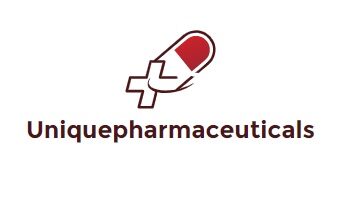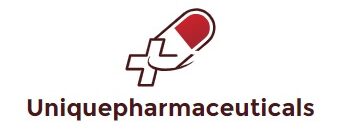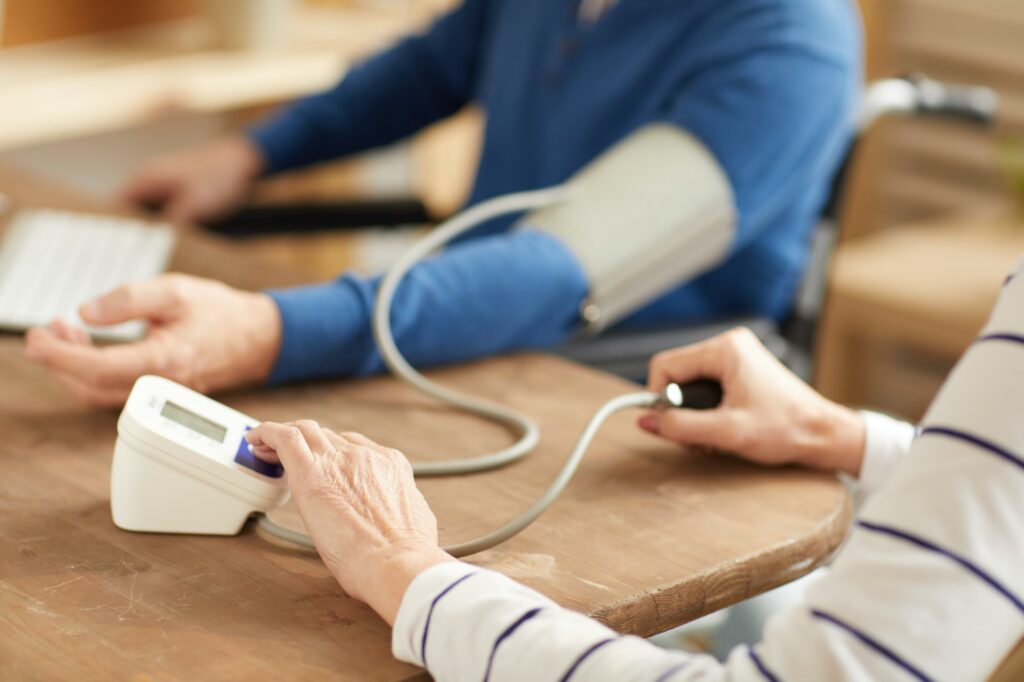High blood pressure, sometimes known as hypertension, has few visible symptoms. However, if you ignore it, you put yourself at risk for serious problems including heart disease and stroke. Around a third of adults in the United Kingdom have high blood pressure, though many are unaware of it. The only way to find out if your blood pressure is high is to have your blood pressure checked.
Table of Contents
What Is High Blood Pressure?
Two numbers are used to record blood pressure. The systolic pressure (higher number) indicates the force with which your heart circulates blood throughout your body. The barrier to blood circulation in the blood arteries is measured by diastolic pressure (lower number). Both are measured in millimeters of mercury (mmHg).
As a basic guide:
- high blood pressure is thought about to be 140/90mmHg or greater (or 150/90mmHg or greater if you’re over the age of 80)
- perfect blood pressure is typically thought about to be in between 90/60mmHg and 120/80mmHg
If you don’t take action to keep your blood pressure under control, blood pressure readings between 120/80mmHg and 140/90mmHg may indicate you’re at risk of developing high blood pressure.
Blood pressure readings between 120/80mmHg and 140/90mmHg may indicate you’re at danger of having high blood pressure if you don’t take measures to keep it under control.
Risks of High Blood Pressure
Your blood vessels, heart, and other organs, such as the brain, kidneys, and eyes, are all put under additional stress if your blood pressure is high.
High blood pressure that persists can put you at risk for a number of serious and perhaps fatal health problems, including:
- heart problem
- cardiovascular disease
- strokes
- cardiac arrest
- peripheral arterial illness
- aortic aneurysms
- kidney illness
- vascular dementia
If you have high blood pressure, even a small reduction in it can help lessen your risk of developing certain diseases.
Check Your Blood Pressure
In the event that you have high blood pressure, lowering it even by a little percentage will help minimize your risk of developing certain health problems.
You can get your blood pressure checked at a variety of locations, consisting of:
- at your GP surgical treatment
- at some drug stores
- as part of your your local doctor Health Check
- in some offices
You can likewise examine your blood pressure yourself with a house blood pressure screen.
Things That Can Increase Your Risk of Getting High Blood Pressure
It’s not constantly clear what triggers high blood pressure, however there are things that can increase your danger.
If you are overweight or obese, you may be at greater risk:
- ingest an excessive amount of salt and fail to consume enough veggies and fruits
- do not put in enough effort in the gym
- excessive consumption of alcoholic beverages or coffee (or other caffeine-based beverages)
- smoke
- have high blood pressure and have a relative who has it are above the age of 65 and have a relative who has high blood pressure
- are of African or Caribbean origin who are of black African descent
- occupy a space that has been denied access
Making healthy lifestyle improvements can frequently assist you in lowering your chances of developing high blood pressure as well as lowering your blood pressure if it is already high, according to the American Heart Association.
High Blood Pressure (hypertension) Treatment
Doctors can aid you in maintaining a healthy blood pressure level by adopting the following methods:
- lifestyle adjustments
- blood pressure medications
What works best for one person may not work well for another. Consult with your medical practitioner to help you make a decision regarding your therapy. This client decision help (PDF, 132kb) can also assist you in better understanding your treatment options.
- Changing one’s way of life can help to lower blood pressure.
- High blood pressure can be avoided and reduced by making the following lifestyle changes:
- Reduce the amount of salt you consume and consume a generally healthy diet plan to achieve success.
- reduce your intake of alcoholic beverages
- If you’re overweight, you should exercise. Caffeine intake is typically lowered.
- put an end to cigarette smoking
Some people with high blood pressure may also require the use of one or more drugs to keep their blood pressure from becoming too pricey.
Treatment for high blood pressure with medications
If you’ve been diagnosed with high blood pressure, your doctor may recommend that you take one or more drugs to keep it under control until the condition is resolved. These medications are available in the form of tablets and must be taken as soon as possible after being prescribed.
Common blood pressure medications consist of:.
- ACE inhibitors– such as enalapril, lisinopril, perindopril and ramipril
- angiotensin- 2 receptor blockers (ARBs)– such as candesartan, irbesartan, losartan, valsartan and olmesartan
- calcium channel blockers– such as amlodipine, felodipine and nifedipine or diltiazem and verapamil
- diuretics– such as indapamide and bendroflumethiazide
- beta blockers — such as atenolol and bisoprolol
- alpha blockers– such as doxazosin
- other diuretics– such as amiloride and spironolactone
The medication suggested for you will depend upon things like how high your blood pressure is, your age and your ethnic culture.


